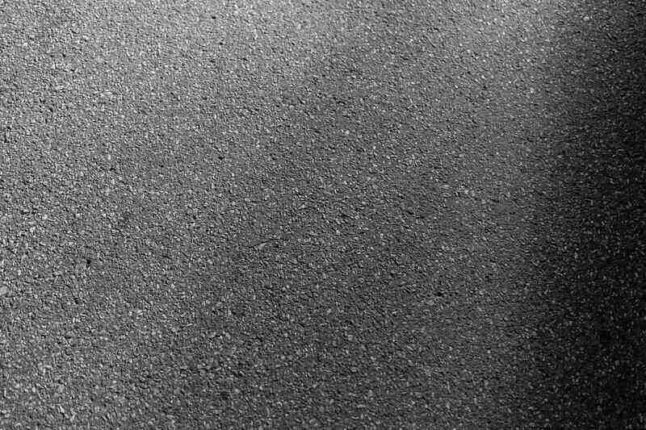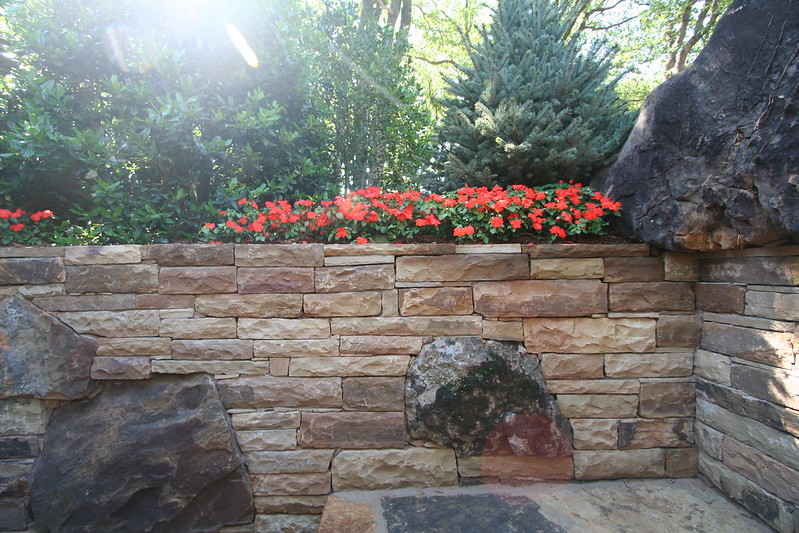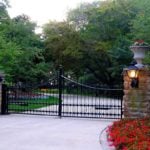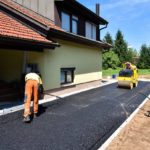Driveway sealing or sealcoating is a great way to extend the life of your driveway and increase your curb appeal, but at what cost? You may be surprised at how affordable this process can be.
The national average cost for sealing your driveway is $305, while the typical price ranges from $176 – $444. The least you can expect to pay is around $110, while the most you can expect to pay is about $1,230.
The numbers below reflect prices for professionally sealing an asphalt (also known as a blacktop) driveway.
How Much Does Driveway Sealing Cost?
- National average cost: $305
- Typical price range: $176 – $444
- Extreme low end: $110
- Extreme high end: $1,230
Expect to pay $0.15 – $0.23 per square foot to seal asphalt or $0.85 – $2.13 per square foot to seal concrete.
On This Page
- Cost Estimator by Size
- Other Factors That Affect Cost
- Extra Services
- Cost of a DIY Driveway Sealing
- Cost of a Driveway Sealing by Location
- FAQ
- Conclusion
Cost Estimator By Size
Most home improvement costs vary quite a bit based on the size of the project. Sealing is no exception. However, even with larger driveways, the cost can still be very affordable.
To determine the driveway sealing costs below, we used the averages per square foot listed above and multiplied by the square footage of the driveway.
Note: Contractors often add a project fee to the cost of the job, which includes basic business expenses such as equipment and vehicle costs, insurance, etc. This fee ranges from $100 – $200.
Expect that this fee may be added to the totals below, especially in cases in which the driveway sealing cost total is under $100-200.
Other Factors That Affect Cost
Before your driveway can be sealed, you’ll need to account for cleaning, repairs, and other considerations.
Cleaning
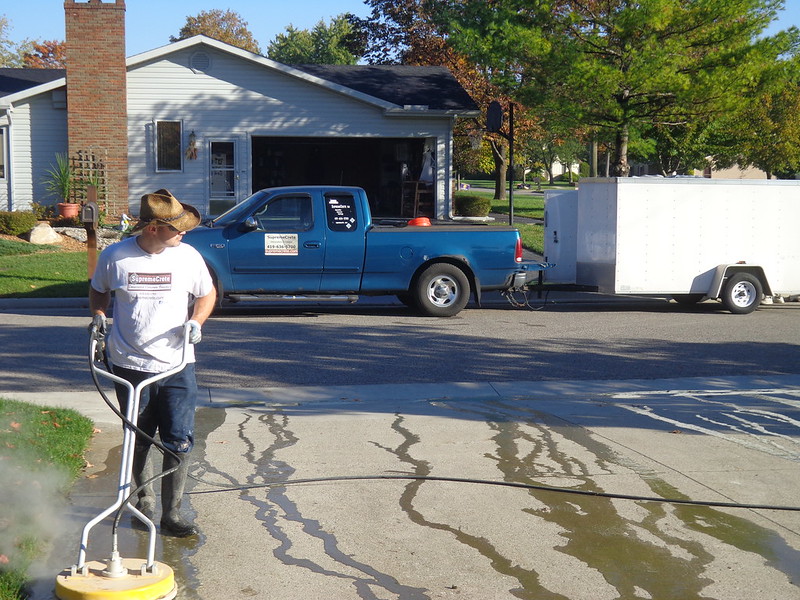
Whether you plan to seal a concrete or an asphalt driveway, you will need to clean it first.
Most pros will use a string trimmer or shovel to clean any grass from around the edges or in cracks in the driveway.
After that, they’ll blow off the driveway and then use a pressure washer (detergent optional) to clean off the surface before sealing it.
Note: Some contractors include pressure washing as part of the total sealing cost; some do not. If they don’t include it in the total list of services, plan to pay $0.27 – $0.39 per square foot to pressure wash your driveway.
Repairs
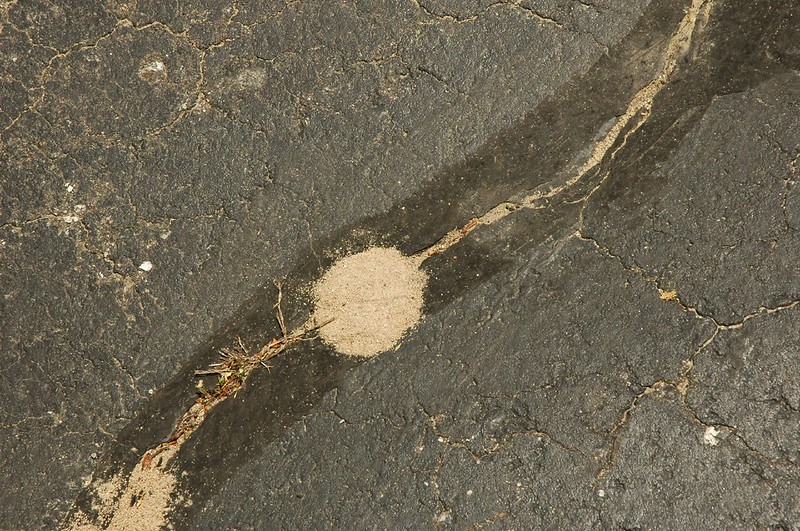
After your driveway has dried out from the pressure washing, your crew will need to fill cracks or holes in the driveway before they apply the driveway sealer.
Hairline asphalt cracks can be filled with crack filler, but larger areas such as potholes will require other asphalt repair materials.
Concrete, likewise, should be repaired by your driveway contractor, if necessary, before sealing.
If your concrete is beyond a small patching job, ask your contractor if resurfacing is an option. Repairs cost about $4 per square foot for concrete and $3 per square foot for asphalt.
Additional Considerations
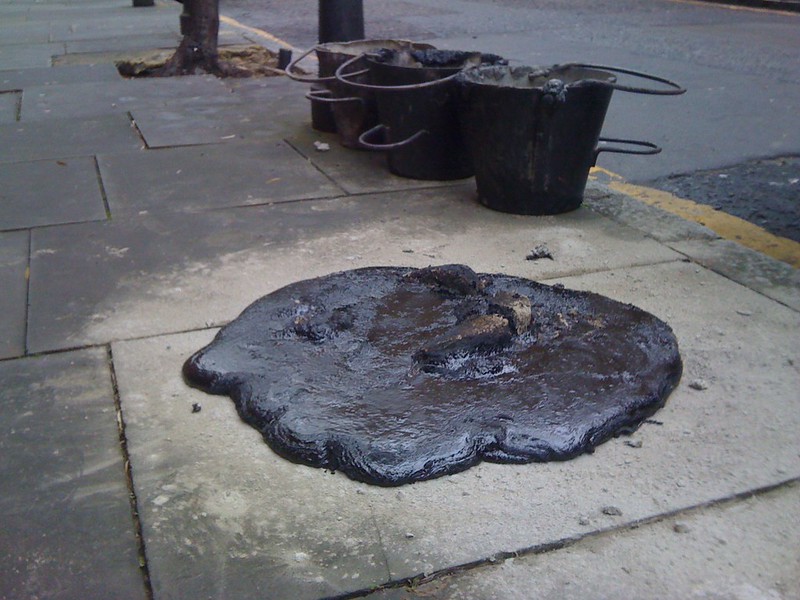
If your driveway is sloped beyond about 20 degrees, your driveway may not be a good candidate for sealing. Check with your local contractor.
Also, if your driveway is very porous, it may require resealing with a second coat after the first coat dries.
Extra Services
If you are having your driveway sealed in the spring, when trees are green again and flowers are in bloom, you may consider updating more than your driveway.
Sodding
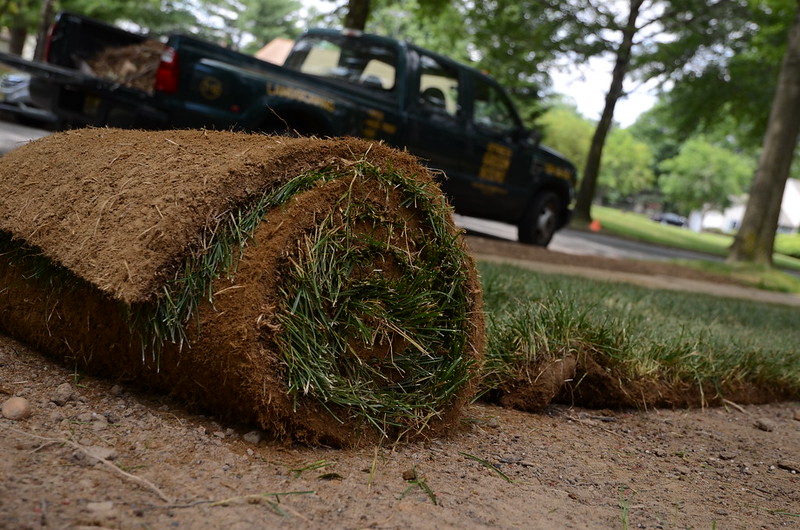
Whether you need a lawn patch and repair job around the yard or want to spruce up larger patches with fresh green grass, sod will give the yard an instant facelift.
Plan to add $0.30 to $0.83 per square foot to your total if you want to install new sod.
Yard Cleanup
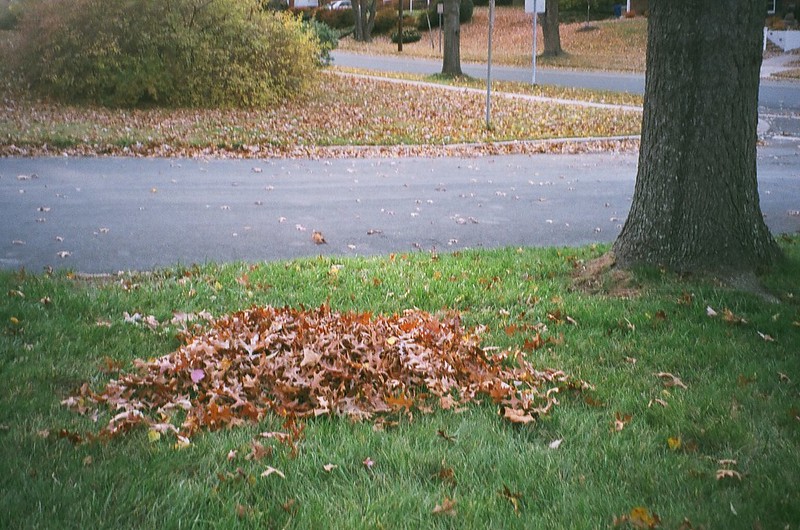
Spring is a busy time for landscaping companies. Homeowners needing a spring yard cleaning should budget around $280 for this job.
If your yard requires slightly more or less than the average property, plan to spend from $170.50 – $374.30.
Landscaping
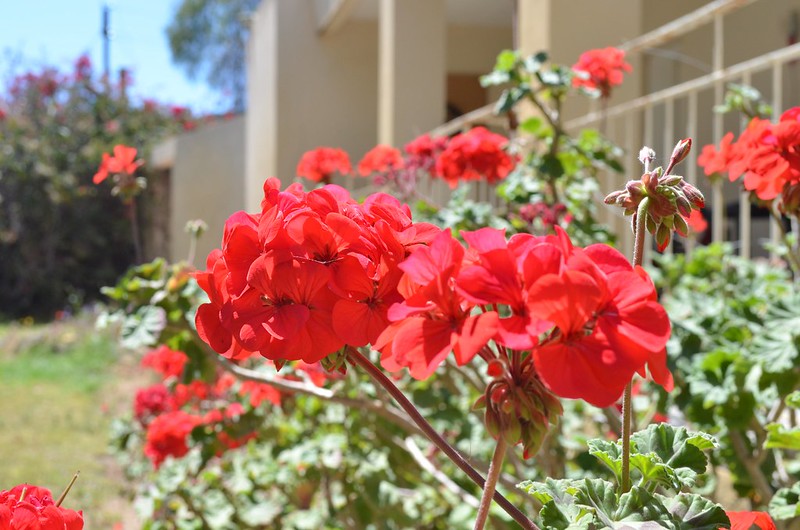
New plants add vibrant color, texture, and curb appeal. Plan to pay from $5 – $24 per square foot for most landscaping work.
Cost of DIY driveway sealing
Since driveway sealing by a crew is usually very affordable, many homeowners will leave this job to the pros, especially if they don’t own the necessary tools. However, if you want to go the DIY driveway sealing route, this job is within the reach of almost anyone.
If you don’t have all the tools yourself, remember that you can borrow them from a friend or rent them from your local home improvement store. If you already have the necessary tools, you will need to buy just the sealer and repair materials.
The square footage of the driveway will determine how much sealer you will need, and a quick look at your driveway should help you assess how much material you will need for repairs before sealing.
Here is a basic equipment list for the job.
| EQUIPMENT NEEDED FOR DIY DRIVEWAY SEALING | COST |
| Tape | $4 |
| Repair materials (crack filler and pothole repair) | $5 – $18 |
| Tarp OR drop cloth | $8 |
| Hand-pump sprayer | $10 |
| Soft long-handle brush (to seal around the edges) | $10 |
| Driveway squeegee (for asphalt sealer) | $14 |
| Trowel for repairs | $15 |
| Leaf blower | $20 |
| Asphalt sealer OR concrete sealer | $25 – $161 *per 5 gallon |
| Roller (for concrete sealer) | $25 |
| String trimmer OR weed eater | $30 |
| Pressure washer | $100 |
| Personal gear (rubber boots, gloves, safety glasses, ear protection, etc.) | Prices vary |
How to Do DIY Driveway Sealing
Here is a basic outline of how to sealcoat your driveway:
- Run a string trimmer along the driveway edges and in any cracks to remove existing grass.
- Blow off the driveway.
- Pressure wash and/or apply a cleaner to the driveway.
- Rinse with a hose or pressure washer.
- Let it dry completely.
- Fill in cracks or potholes.
- Tape around the edges and lay tarp if necessary.
- Apply sealant.
- Allow to dry.
- Reapply a second coat if needed.
- Allow to dry.
Pro Tip: Use your empty 5-gallon pail(s) to block off the driveway until it’s dry.
DIY cost vs. professional service
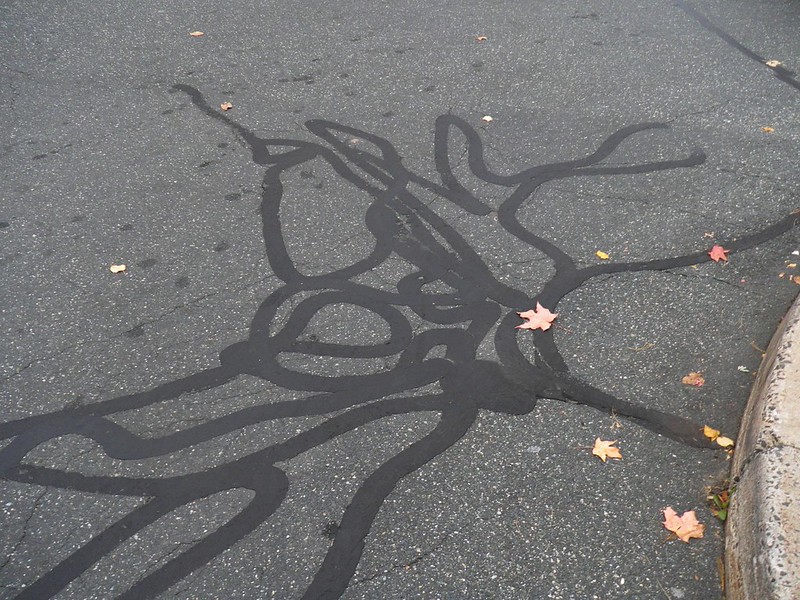
The national average for a professional driveway sealing job is $305. DIY costs vary widely depending on which tools you’ll need and the size of your driveway.
At the very least, you’ll probably need to buy the sealer itself ($15 – $161) and maybe some repair material ($5 – $18).
Cost of Driveway Sealing By Location
Labor costs will be the most variable cost by location. The cost of materials won’t vary nearly as much by comparison.
FAQ About Driveway Sealing
A beautifully sealed driveway adds to your home’s curb appeal and helps prolong the life of your driveway. Sealer helps your driveway resist stains and protects the driveway from oxidation due to air and the sun’s ultraviolet rays.
Having your driveway properly repaired and sealed will keep water from finding its way into the cracks and worsening the stress on the driveway during freeze/thaw cycles.
Experts offer varying opinions on this topic. Your best bet is to check the manufacturer’s instructions (if you have those — or ask your home builder) and consider your climate.
A good rule of thumb is to seal more often in extreme climates (hot or cold), and less often in more moderate areas. Asphalt sealcoating should be done every 1-5 years while concrete driveways should be sealed every 1-10 years.
Remember, these estimates vary due to climate considerations, materials, and manufacturer instructions.
Any time of the year when the temperature doesn’t drop below 50 degrees is fine for most driveway sealing projects. (Some driveway sealing products require higher temperatures to set properly.)
Spring is ideal because of the warmer temperatures.
It’s possible to do the job in the fall as long as the temperatures are warm enough, but be aware that once acorns or leaves start to fall, you’ll need to postpone the job until next year. You don’t want objects falling on the driveway before it is fully cured.
Finally, make sure to check the manufacturer’s instructions for temperature requirements, drying time, and other important details.
Also, check the weather conditions to ensure you have several dry days in a row before you start to seal the driveway. Check the manufacturer’s instructions to calculate how many days you’ll need (3-4 generally).
Conclusion
Whether you hire a professional or DIY, sealcoating is a fast and affordable way to invest in your driveway without spending a ton in time or money, and it makes an immediate and striking difference in your curb appeal. Few other home improvement projects make such an impact per dollar spent.
If you would rather someone else do the work, find a driveway sealing professional near you. Driveway sealing takes a couple of days, and you likely have better things to do around your home or with family.
Main Photo Credit: Mark Dixon / Flickr / CC BY 2.0
